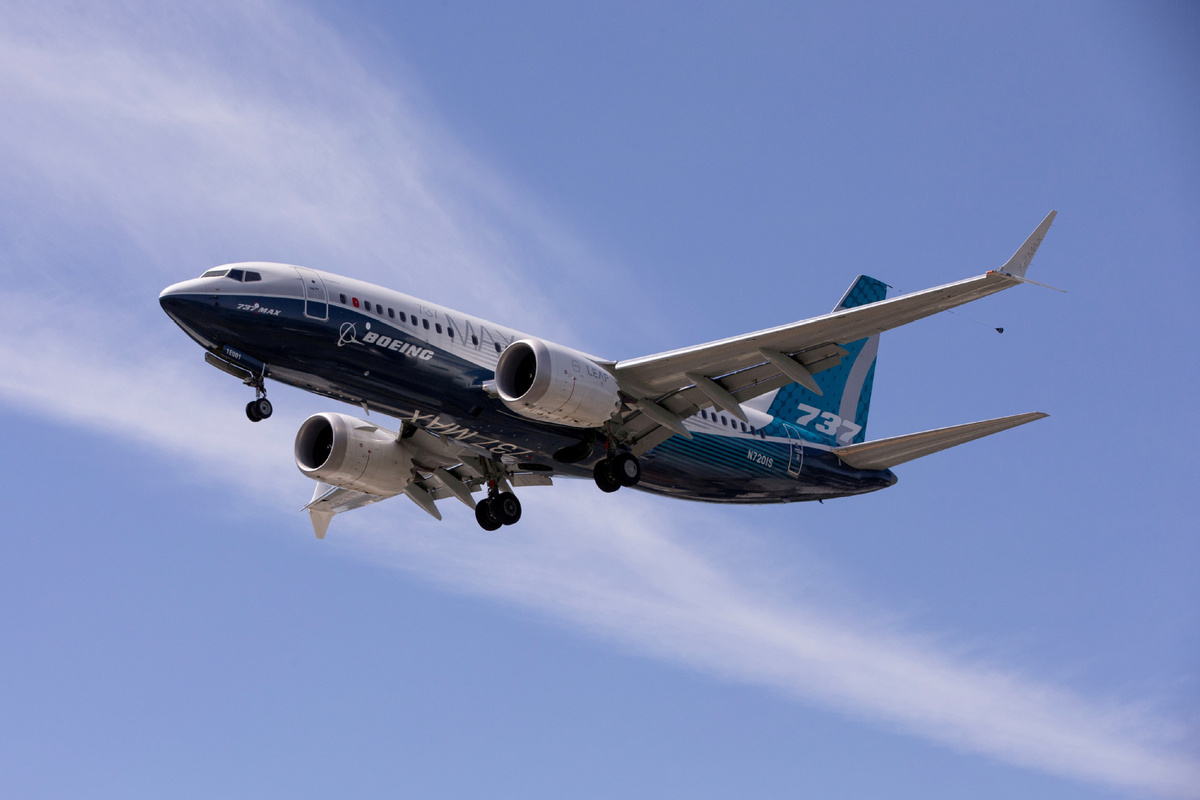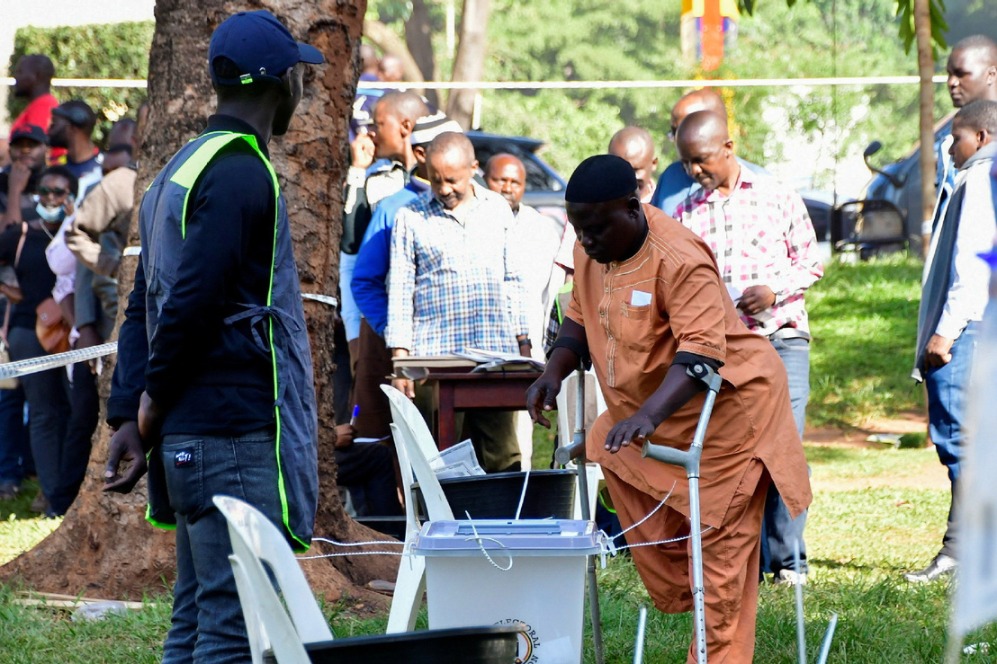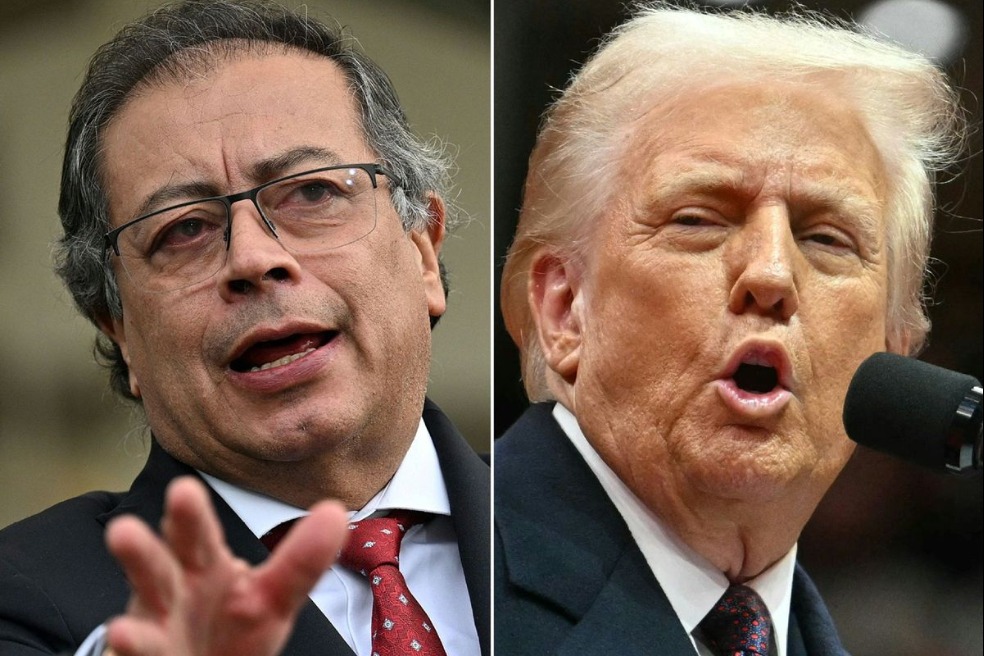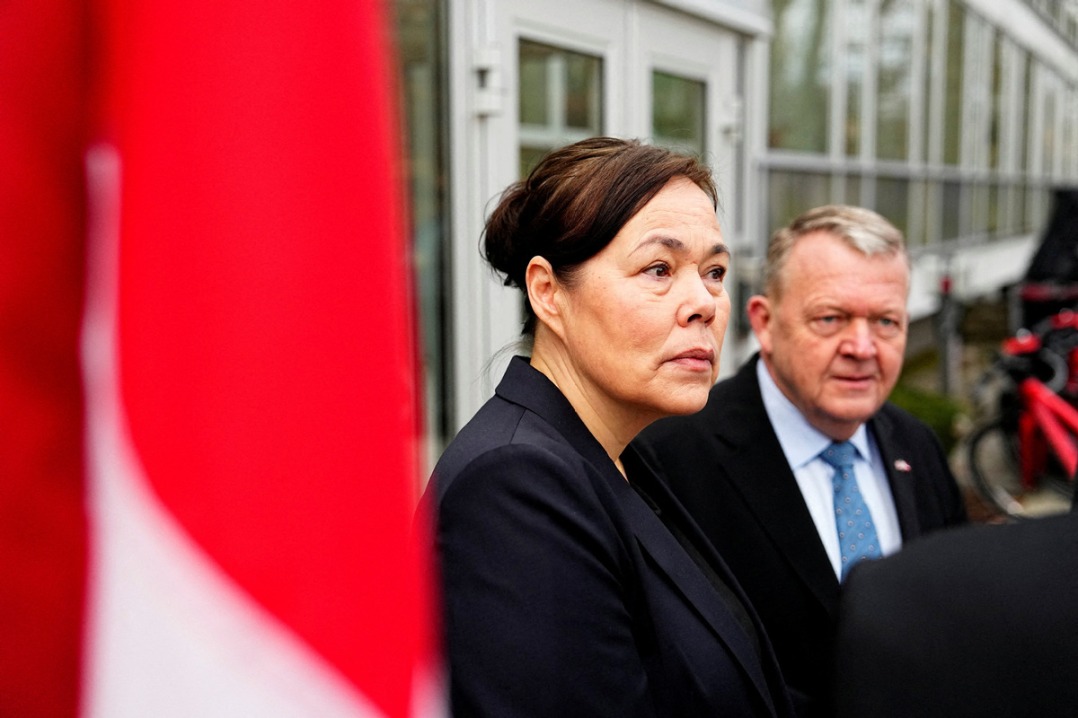Canceled 737 MAX orders sting Boeing


Airlines canceled orders for 355 Boeing 737 MAX jets in the first half of the year, underscoring the harm done by the worldwide grounding of the aircraft builder's top plane.
The company delivered just 70 planes of all types as demand for air travel collapsed during the coronavirus pandemic, and airlines canceled or deferred deliveries to cut cost.
"We have and will continue to work with our customers on specific timing and adjustment to deliveries," Greg Smith, Boeing's chief financial officer, said in a statement.
"This is informing current and future production rates and any further adjustments as needed to balance supply and demand going forward."
Boeing's diverse order book, including government service contracts, defense and space programs continues "to provide some stability" during the economic crunch caused by the pandemic, he said.
Aircraft-leasing companies that canceled orders for the 737 MAX in June include US-based Aviation Capital (5), Dublin-based Avolon (17) and Singapore's BOC Aviation (30).
Romanian airline Blue Air canceled its order for six MAXs. Unidentified customers canceled orders for another two planes.
However, the company received orders for 70 jets through June 30, including 787s (36), 767s (14) and 777s (10). It also delivered military fighters, tankers for midair refueling as well as new and rebuilt attack helicopters.
Deliveries are key to aircraft builders because carriers pay most of the purchase price when the jets are delivered.
In January, Boeing reported a loss of $636 million in 2019 compared with a profit of $10.46 billion in 2018 — its first annual loss in more than 20 years. Boeing suspended dividends in March. The CEO agreed to forego pay through 2020.
There will be no immediate turnaround. Delta Air Lines has cut back on plans to increase the number of flights this summer as COVID-19 cases climb nationwide. The carrier reported a $5.7 billion dollar second-quarter loss.
Boeing's downbeat news comes as it struggles to get the MAX back in the air.
The MAX, Boeing's best-selling jet, has been grounded worldwide since March 2019 following crashes in Indonesia and Ethiopia that killed a total of 346 passengers and crew.
Investigators believe the MAX's automated anti-stall device, known as Maneuvering Characteristics Augmentation System (MCAS), erroneously pointed the nose of the planes down to avoid a midair stall and into a fatal plunge.
The new, heavier engines on the MAX were moved closer to the fuselage and that changed the in-flight handling characteristics of the plane. At times, the nose of the plane pitched up and that could lead to a mid-air stall. Boeing added the MCAS to compensate.
Boeing failed to submit needed certification records to the FAA showing changes to the Boeing 737 MAX's flight control system blamed for the crashes, the US Department of Transportation's Office of Inspector General, said in a 52-page report.
The MCAS was "not an area of emphasis" on the MAX because Boeing characterized it as a modification of existing controls rather than as a new device, the report said.

































